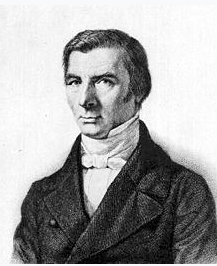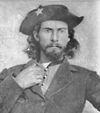What is Liberty?

Frederic Bastiat, 1801-1850, was a French economist and writer in the tradition of what would be known today as free market economics. In this selection, Bastiat defines his conception of liberty.
August Glen-James, editor
Is not liberty the destruction of all despotism . . .
And what is this liberty, whose very name makes the heart beat faster and shakes the world? Is it not the union of all liberties--liberty of conscience, of education, of association, of the press, of travel, of labor, of trade? In short, is not liberty the freedom of every person to make full use of his faculties, so long as he does not harm other persons while doing so? Is not liberty the destruction of all despotism--including, of course, legal despotism? Finally, is not liberty the restricting of the law only to its rational sphere of organizing the right of the individual to lawful self-defense, of punishing injustice?
It must be admitted that the tendency of the human race toward liberty is largely thwarted . . . greatly due to a fatal desire--learned from the teachings of antiquity--that our writers on public affairs have in common. They desire to set themselves above mankind in order to arrange, organize, and regulate it according to their fancy.
—Frederic Bastiat, The Law
